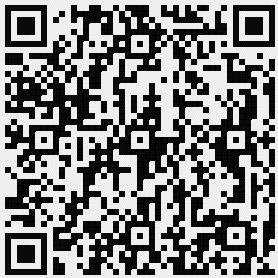

Expansão de FMs na mesma frequência entre Natal e João Pessoa compromete a qualidade de recepção nos trechos intermediários
A segunda frequência gêmea entre Natal e João Pessoa está nascendo. A primeira foi o encontro entre a 103,9 de Natal, hoje ocupada pela Mix FM Natal, e a novata 103,9 de João Pessoa, a Parahyba FM, canal que surgiu a partir do processo de migração da Tabajara AM. Como a Tabajara já possuía uma emissora em FM, o ganho de um novo canal permitiu o nascimento de outro projeto. Como já comentamos anteriormente, existem trechos entre as duas capitais em que cidades que antes capta

Ricardo Gurgel
há 1 dia2 min de leitura








Comentários